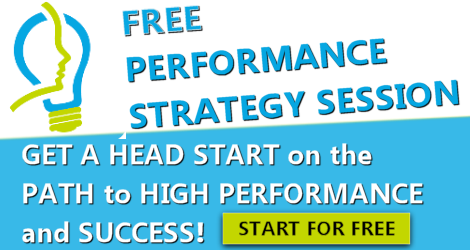Ask yourself this, are my actions in the workplace, hurting or helping my reputation and chances for advancement?
 You may hesitate before answering and even conclude that your actions in the workplace are mostly helping, probably hurting, doing a little of both or any combination of the latter.
You may hesitate before answering and even conclude that your actions in the workplace are mostly helping, probably hurting, doing a little of both or any combination of the latter.
Regardless of your assessment, the truth is, the way you handle yourself in the workplace is crucial to the way you are perceived within your organization and plays a role in your future there and beyond.
So let’s begin to break this down a bit.
Reacting and responding are not the same thing.
Reacting is more of a knee jerk action whereas responding is more of a thought out action. Most workplace interactions are reaction based and damaging to one’s reputation. Every time you react, an impression is made on your audience. Before long, you may be stuck with a permanent impression of you that can’t be reversed.
The space between the trigger and your actions is the key.
There is a small window of opportunity that you can either jump out of and react or use to collect yourself and formulate a response. This is the sweet spot where legends are made or chances are crushed. Although it may feel like a millisecond, the reality is, you have more than enough time to create the best image of yourself. Anything else is an excuse. Gaining control over your own emotions is probably the most empowering and career advancing thing you can do for yourself.
Live in your “small window space”.
The only way to get better at responding is to explore and get used to this space of yours. Have drills to simulate what you would do in an actual situation where you encounter a trigger (a rude email, making mistakes, a toxic colleague etc…).
Then, practice “Stop, Drop and Roll”.
- Stop– resist the urge to lose it and become unhinged. This is never a good look.
- Drop– slow down your breathing rate by breathing in deeply for three seconds, holding your breath for three seconds and breathing out slowly for three seconds- The three by three rule of breathing. (This introduces oxygen into the blood stream which has a calming effect).
- Roll– roll out a composed response. You will be perceived more as being in-control.
In a nut shell, reacting to situations that arise in the workplace can weaken your stance, so it is paramount to develop and strengthen your response muscle.
Do a deep dive and see how you have responded to triggers in the past and adjust or fine tune those skills as needed. Lao Tzu said it best “Mastering others is strength. Mastering yourself is true power”

